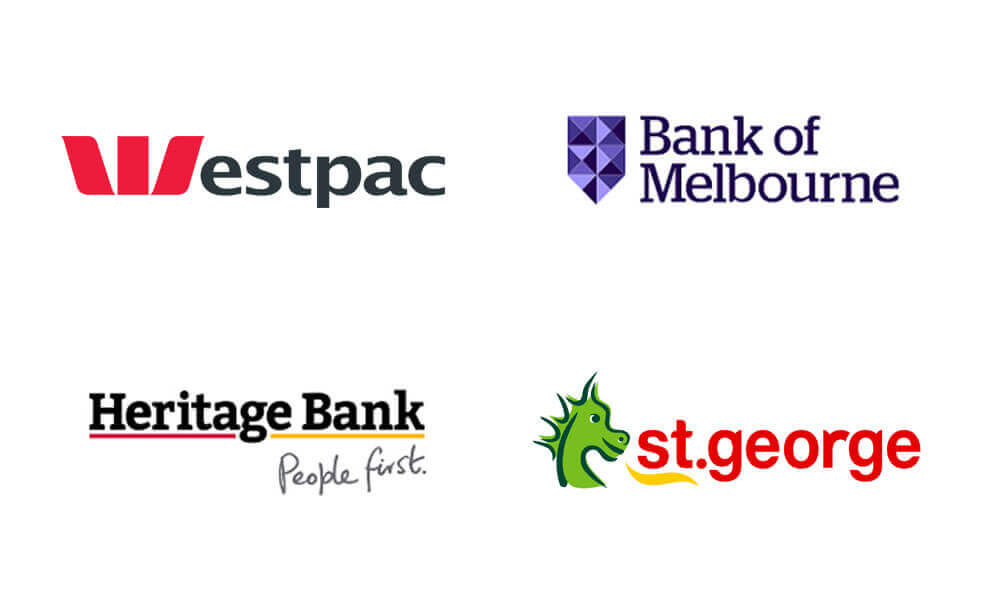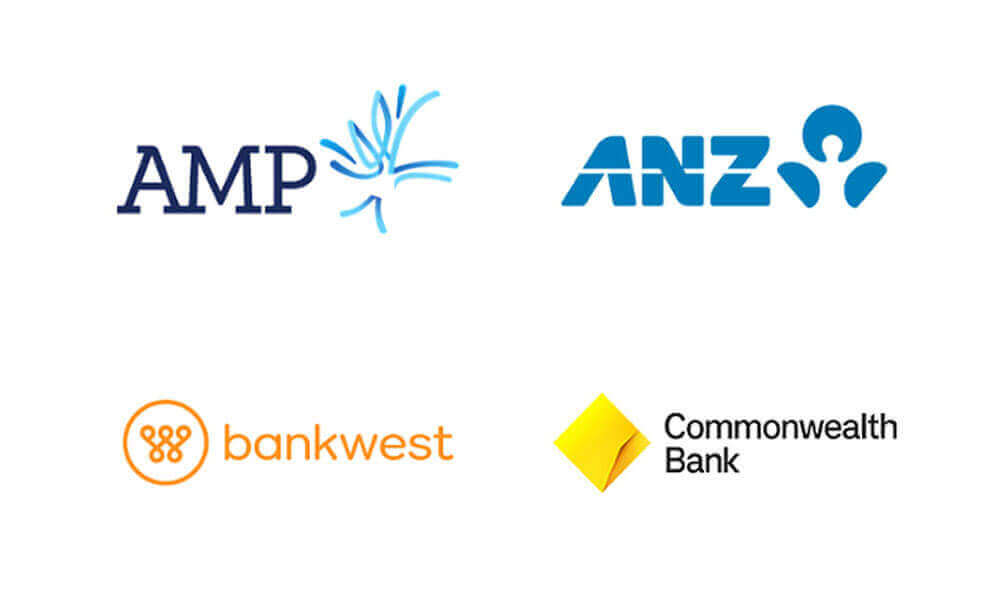
Your guide to save for a house deposit
Preparing to purchase a home begins with saving for the deposit. While it may appear…

You’ve just purchased an investment property (go you!), so what comes next? It’s time to find some quality tenants and sign them up to a lease.


When it comes to this step, you can go one of two ways. You can pay a property manager to take care of the nitty gritty for you. There are all sorts of advantages to doing this, but of course, there’s a fee involved. Otherwise, you can choose to handle the property yourself.Here’s what you need to do if you decide to manage your own investment property
Familiarise yourself with the law
How and when do repairs need to be completed? Who pays the utility rates? What kind of notice is necessary before an inspection? You can find the answers to these types of questions and more in your state or territory’s Residential Tenancies Act. The rights of both tenants and landlords are protected by these laws and you’ll need to know them if you decide to manage your own investment property.
Prepare the paperwork
Next, it’s time to get your documentation in order. You’ll need:
Set the rent and list the property
To get an idea of how much to charge for rent, you could:
When you promote the property, make sure you combine quality photos with a great listing to attract the kinds of tenants you want. Remember to include any conditions about pets and/or smoking.
Find quality tenants
Finding quality tenants all comes down to how thoroughly you screen candidates.
You’ll need to validate their ID and income (such as their most recent payslips and/or a bank statement highlighting their income), call their references and research their previous rental history.
Online tenant (renter) databases allow you to check whether candidates have been ‘blacklisted’ by former landlords. Examples include:
Be aware that there are laws governing things like disclosure and how these databases can be used. Make sure you know the rules in your state or territory.
Get the ball rolling
Once you find the right tenant, file all the essential paperwork, lodge the bond and start collecting the rent. Keep in mind that each state or territory may have different requirements, so do your research. Look into landlord software apps, which can help make your life easier with things like rent tracking and expense management.
Respond to repair requests
If you take care of your tenants, they will be more likely to look after your property. Make sure you answer any appeals for repairs and maintenance in a timely manner. Remember to check the rules and timelines around completing repairs in your state or territory’s Residential Tenancies Act.
Don’t forget inspections
You’ll want to arrange regular inspections to make sure your property is being looked after. Rules may differ depending on location, so again, make sure you do your research. It also pays to be thorough about your record-keeping and documentation. Keep a record of all communications with the tenant, as these can assist protect you if issues occur.
Ready to become a landlord?
As you can see, there’s a bit involved with managing your own investment property. However, if you want to have total control over your property and save yourself the fee you’d pay a property manager, it may be the way to go. We at 1st Street are here to help with any questions you have, so get in touch today.

Preparing to purchase a home begins with saving for the deposit. While it may appear…
After browsing through captivating marketing photos of a property, stepping inside during an inspection can…
Yes, that’s right. You pay zero, zip, nada.
1st Street’s premium service comes at no cost to you! 1st Street is paid by the lender when your loan settles, however, this will not affect your interest rate or loan fees! It is often more cost-effective for a mortgage broker to process a loan rather than the lenders processing it themselves in-house. In fact, we often find that we can save you money by negotiating on your behalf.
Use our online calculators to work out how much you can borrow, loan repayments, stamp duty and lots more.






